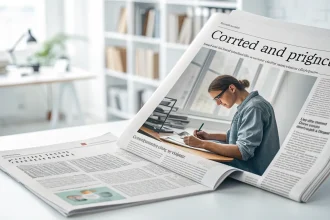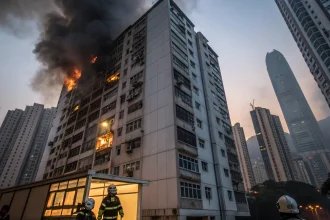Refusing to acknowledge one’s privilege represents more than just personal self-deception—it actively harms others through distortion of reality, according to recent discourse on social inequality.
The concept of privilege—unearned advantages that certain groups have based on identity factors like race, gender, or socioeconomic status—continues to be a flashpoint in discussions about social justice. Critics argue that when individuals fail to recognize these advantages, they perpetuate systems of inequality by misrepresenting how opportunity and access function in society.
The Dual Nature of Privilege Denial
The criticism identifies two distinct but related problems with privilege denial. First, it represents a form of self-deception where individuals misunderstand their own position and advantages in social hierarchies. Second, and perhaps more significantly, this denial creates harmful distortions that affect others by misrepresenting social reality.
Social justice advocates point out that privilege often remains invisible to those who possess it. This invisibility makes it particularly difficult for privileged individuals to recognize the advantages they receive, leading to resistance when these benefits are pointed out.
“When people deny their privilege, they’re not just lying to themselves—they’re actively distorting reality in ways that harm marginalized communities,” explains Dr. Maya Wilson, a sociologist specializing in social inequality. “This denial makes meaningful progress toward equity much more difficult.”
Impact on Social Discourse
The refusal to acknowledge privilege affects social discourse in several key ways:
- It shifts responsibility away from addressing structural inequalities
- It invalidates the lived experiences of marginalized groups
- It creates barriers to implementing effective policy solutions
Research shows that when privilege goes unacknowledged, conversations about inequality often stall. People who benefit from current systems may attribute their success entirely to personal merit rather than recognizing how social structures helped position them for achievement.
Critics of the privilege framework argue that focusing on individual advantages can create division rather than unity. However, proponents counter that recognizing privilege doesn’t diminish personal accomplishment but rather contextualizes it within broader social systems.
Moving Beyond Denial
Experts suggest that moving past privilege denial requires both personal reflection and structural change. On an individual level, this means developing greater self-awareness about one’s social position and advantages. At a societal level, it requires creating systems that distribute opportunity more equitably.
“The first step is simply being willing to listen when others point out your blind spots,” notes community organizer James Chen. “Recognizing privilege isn’t about guilt—it’s about understanding reality accurately so we can build fairer systems.”
Educational initiatives that teach critical thinking about social systems have shown promise in helping people recognize structural advantages without becoming defensive. These approaches focus on understanding privilege as a systemic issue rather than an individual moral failing.
As conversations about social inequality continue to evolve, the ability to acknowledge privilege—or the refusal to do so—remains a significant factor in whether meaningful progress can be achieved. The critique suggests that moving beyond denial is not just a matter of personal growth but a necessary step toward creating a more just society.









